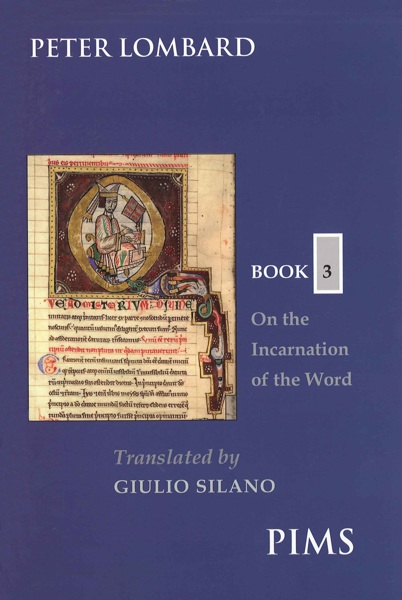
Alpert of Metz
Warfare and Politics in Medieval Germany, ca. 1000
On the Variety of Our Times by Alpert of Metz
- Pages: 96 p.
- Size:150 x 230 mm
- Language(s):English
- Publication Year:2012
- € 17,50 EXCL. VAT RETAIL PRICE
- ISBN: 978-0-88844-302-1
- Paperback
- Temporarily Out of Stock
David Bachrach has brought his considerable experience as a translator to bear in making available for the first time in English Alpert of Metz’s remarkable De diversitate temporum. A sharp-eyed and opinionated observer of Ottonian Germany in the decades around the millennium, Alpert wrote an account that sheds light on a great variety of topics, including feud, the exercise of royal power, trading communities, Christian-Jewish relations, and the construction of sanctity. Of major interest to all students of the period, particularly those with an interest in the ‘lost kingdom’ of Lotharingia, this lucid translation should bring Alpert’s text the attention it rightly deserves.
Charles West, University of Sheffield
Written in the early eleventh century, the De diversitate temporum by Alpert of Metz is an indispensable contemporary account for our understanding of the history of the Low Countries at the turn of the first millennium, and provides insight into the organization of the German kingdom at a point of transition that was marked by the end of the Ottonian dynasty.



